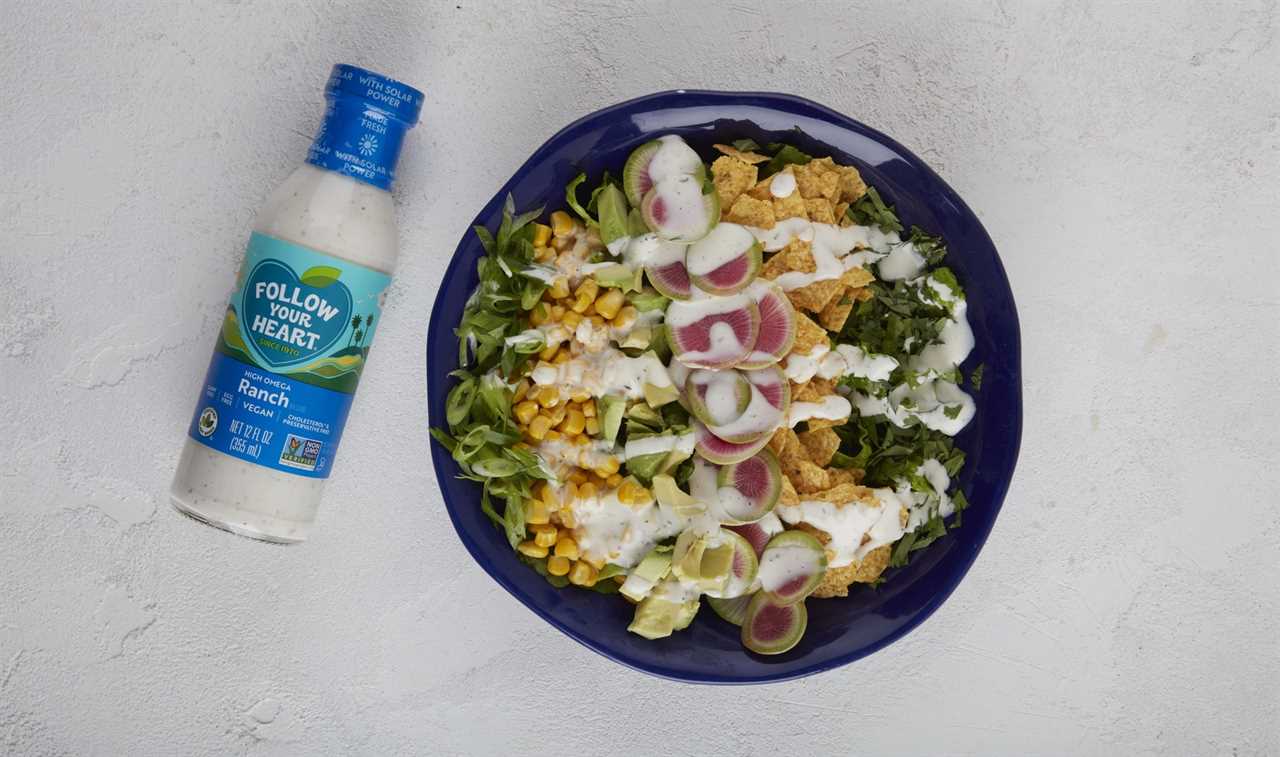
Herbs add flavor to a variety of salads and are easy to keep on hand. They also help boost the flavor and nutrition value of a salad by incorporating vitamins, minerals and antioxidants into the mix.
Herb vinaigrette dressings are a type of emulsion sauce. They separate when drained so make sure to use a jar with a tight lid for best results.
Which Herbs Work Best in Salad Dressings?
Herbs are the perfect way to add a punch of flavor to any salad. They’re easy to grow indoors in containers and can be used year-round for all your salad needs.
Parsley and dill are the two herbs that are most common in salad dressings. However, you can also make a variety of other delicious homemade dressings using a wide range of different herbs.
Tarragon is another good choice as it has a delicate licorice-like taste that pairs well with mild onions and mustard. You can substitute dried tarragon for fresh if you prefer and will still get a lovely flavor.
Thyme is similar to oregano but it has a much softer, more delicate flavor. It also blends very well with other herbs in this seasoning mix and you can substitute marjoram for a teaspoon of thyme.
When making your own salad dressings, always try to use the freshest herbs you can find. This will give your dressing a fresher taste and help your salad stay crisp throughout the day.
How to Create Your Own Delicious Dressings at Home
Making your own delicious dressings is easy, affordable, and so much healthier than store-bought. You can create a wide range of flavors, from creamy ranch to tangy balsamic vinaigrette and everything in between.
Vinaigrettes are a classic and easy base for many salads. The emulsion of oil and vinegar, along with a little help from other ingredients, makes them a flavorful addition to any meal.
A good rule of thumb is to use 3 to 1 oil for vinegar, but feel free to play around with your ratios. You can also add other ingredients to amp up your dressing's zing, such as mustard, miso, or a splash of wine.
Herbs, garlic, and onions are all great for enhancing the flavors of your dressing. Garlic and ginger, for example, have anti-inflammatory, antioxidant, and antifungal properties that will give your dressing a kick of flavor!
How Can Making Homemade Salad Dressings Improve the Flavor and Nutritional Value of My Salads?
Many store-bought salad dressings are loaded with a lot of calories and unhealthy ingredients. These dressings often contain trans fat, added sugar, preservatives and artificial flavors and colors.
If you want to avoid these unhealthy ingredients, you can make homemade salad dressings at home instead of buying them from a grocery store. This way, you’ll know exactly what is in your dressing and can make healthier substitutes if needed.
Adding herbs to your salad dressing can help add flavor and nutrients without increasing the calorie or fat content. Herbs are also high in antioxidants that fight disease.
How to Store Your Homemade Salad Dressings
When you're ready to make homemade salad dressings, it's important to choose the right containers. Salad dressings are prone to spoiling quickly if stored improperly, so it's essential to use the right method of storage to keep them fresh.
A good way to store your homemade salad dressings is in a glass container that fits well in your refrigerator. The container should be airtight and sealed to help maintain freshness and flavor.
For best results, keep cream-based dressings refrigerated no more than 7 to ten days; oil-based dressings slightly longer.
If you want to store salad dressings in the freezer, you should place them in an airtight container and wrap them in plastic wrap. This will help prevent unwanted freezer burn.
Making healthy homemade salad dressings is an easier, tastier and more cost-effective alternative to store-bought salad dressings. Once you've figured out what ratios work for you, it's easy to create a variety of delicious flavors and combinations.
Frequently Asked Questions
Is it okay to use dried herbs instead of fresh ones?
It is best to pick up fresh herbs whenever possible when using herbs.
Although dried herbs are convenient, they don’t provide the same benefits as fresh herbs.
Fresh herbs contain essential oils that give your food a unique flavor. These oils help preserve the nutrients within the herb.
Dried herbs lose all their flavor after drying, so they cannot replace fresh herbs.
You should only use dried herbs if you absolutely must. Otherwise, you should get your fresh herbs from the market.
What spice is good for inflammation?
Turmeric is one spice that can be beneficial for reducing inflammation. It contains the active ingredient curcumin, which has been studied extensively and shown to have anti-inflammatory effects on the body. Other spices like ginger, cinnamon, cayenne pepper, garlic, and cardamom may also reduce inflammation in the body. Adding these spices to your diet can help reduce inflammation and promote overall health.
Another spice that can be used to reduce inflammation is black pepper. The active ingredient in black pepper, piperine, has been studied and found to have anti-inflammatory properties. It may also help reduce pain associated with inflammation. Additionally, the spice contains antioxidants which are beneficial for overall health.
Adding black pepper to your diet may help reduce inflammation and promote overall health. Be sure to talk with your doctor before adding any spice to your diet, as some spices may interact with your medications or supplements. Eating various healthy foods, including spices with anti-inflammatory benefits, can help keep your body balanced and reduce the risk of chronic inflammation-related illnesses.
In summary, adding spices to your diet can be beneficial for reducing inflammation and promoting overall health. Spices like turmeric, ginger, cinnamon, cayenne pepper, garlic, cardamom, and black pepper have all been studied for their potential anti-inflammatory effects.
What are the disadvantages of using herbs?
Herbs are a great way to keep your body healthy because they contain vitamins, minerals, antioxidants, enzymes, amino acids, phytonutrients, polyphenols, flavonoids, terpenes, essential oils, carotenoids, sterols, and sterolins. Some even contain cannabinoids.
But there are also lots of side effects associated with herbal remedies. For example, taking too much herb could cause liver damage or even death. Herbal supplements may interact with prescription drugs, which means that they might affect how well the drug works.
Some herbs can interfere with blood clotting, while others may increase bleeding when taken with anticoagulants (blood thinners).
There are also safety concerns for pregnant women and children.
The bottom line is that herbs aren't safe for everyone. If you're considering trying them out, do your homework. Look up each product's side effects and warnings and read reviews online.
Is eating raw basil good for you?
I'm sure everyone knows that fresh herbs are great for cooking but did you know that you could eat them too? Raw, uncooked herbs are packed full of nutrients and vitamins that we normally have to cook.
They contain more antioxidants than any fruit or vegetable. And they also help our immune systems stay strong and healthy.
The best way to enjoy these delicious little green gems is to eat them raw from the garden. But there's nothing wrong with enjoying them cooked, either. They taste even better when sautéed in olive oil and served alongside pasta or rice.
There are lots of ways to incorporate raw herbs into recipes. Add them to salads, soups, sandwiches, wraps, omelets, stir-fries, and pesto.
Just make sure you wash them well first!
Why do some love coriander and others don't?
Some people hate coriander, while others love it. But why?
Coriander is an herb that grows in warm climates throughout the world. It is native to both North America and Europe.
The leaves of the plant are used in cooking and can also be found in condiments such as salad dressings and dips. When added to food, coriander provides a spicy flavor.
Many people love its taste because it adds a fresh flavor to dishes without overpowering them. Others dislike the smell and taste of coriander because they find it too strong.
But there is more to coriander than meets the eye. There are two types of coriander – sweet and hot. Sweet coriander is milder and sweeter tasting compared to hot coriander.
Sweet coriander is usually grown for its seeds, often called cilantro. This type of coriander is easy to grow and is very low maintenance.
Hot coriander is most commonly used in Indian cuisine. Hot coriander gives a rich flavor to curries and sauces, making it popular among Indians.
Some people say that hot coriander tastes better than sweet coriander. However, the opposite is true for those who prefer sweet coriander.
There are many reasons why people enjoy different varieties of coriander. For example, one person may love the taste of coriander, while another enjoys the aroma.
Whether you like sweet or hot coriander, you might be surprised to learn that you can buy both types of coriander online.
What is the difference between herbs and spices?
Herbs are used for cooking, and spices are used for seasoning.
Herbs have more intense flavors and can be used to cook dishes, while spices can bring out the flavor of foods without altering the taste.
Spices can also be added to food during preparation, such as curry. Spices may be bought individually, or whole packages may be purchased. There are many spices, including black pepper, cayenne pepper, cinnamon, cloves, coriander, garlic, ginger, nutmeg, oregano, paprika, parsley, rosemary, sage, salt, thyme, turmeric, vanilla extract, etc.
The best way to ensure that you are selecting the right spice for your dish is to read the label carefully. If there is an ingredient list, look for "spice" among the ingredients. A common mistake cooks make is buying too much of a particular spice because they do not realize how little they need.
There are a few basic rules to follow when choosing which herb or spice to use. For example, most herbs are fresh, whereas spices tend to last longer. Also, herbs are generally found in small quantities, while spices come in larger containers. Finally, most herbs are usually sold loose (or ground), while spices are packaged in jars or cans.
As long as you are careful to select the correct herbs or spices, you will find that adding them to recipes makes preparing meals easier. After all, spices add flavor to various dishes, while herbs can help improve the appearance and aroma of food.
Statistics
- Studies have shown that cinnamon can lower fasting blood sugars by 10-29% in diabetic patients, which is a significant amount (9Trusted Source10Trusted (healthline.com)
- The herbs market is highly competitive, with over 1,000 herb suppliers and over 15,000 herbs products available in the United States alone.
External Links
doi.org
onlinelibrary.wiley.com
pubmed.ncbi.nlm.nih.gov
en.wikipedia.org
How To
How To Upcycle Herbs After Making Infusions, Oils, Tinctures, And More?
There are more ways to use herbs than you might realize. This is why it's essential to keep an open mind when learning how to make herbal infusions, oils, tinctures, and more.
You'll find that there are many methods for making these products, and even though they may seem similar, each method has its benefits.
For example, some methods include creating decoctions, boiling water or alcohol with the herb(s), and letting them simmer for a while. These infusions are solid and potent because they contain higher concentrations of active compounds.
Another type of infusion includes macerating the herb(s), which means soaking them in liquid for a few hours or even overnight. Macerations tend to produce milder results because the plant material isn't boiled.
Some cold-infused forms involve steeping herbs in cool liquids such as ice cubes or cold water. Cold infusions are gentler than hot ones, often used to treat minor ailments.
Herbal oil extraction involves heating the herb(s) to release the essential oils. You can either do this yourself or have someone help you out with it.
Finally, there are tinctures made by mixing herbs with alcohol. They're usually taken orally and are very effective for treating coughs, colds, and flu symptoms.
The best way to learn how to create infused products is to experiment with various techniques. Each technique offers a different potency and effectiveness, depending on the herb(s) you choose.
Once you've tried a few different methods, you'll begin to develop your preferences. In time, you'll be able to determine which techniques work well for you and which aren't worth pursuing.
Resources:
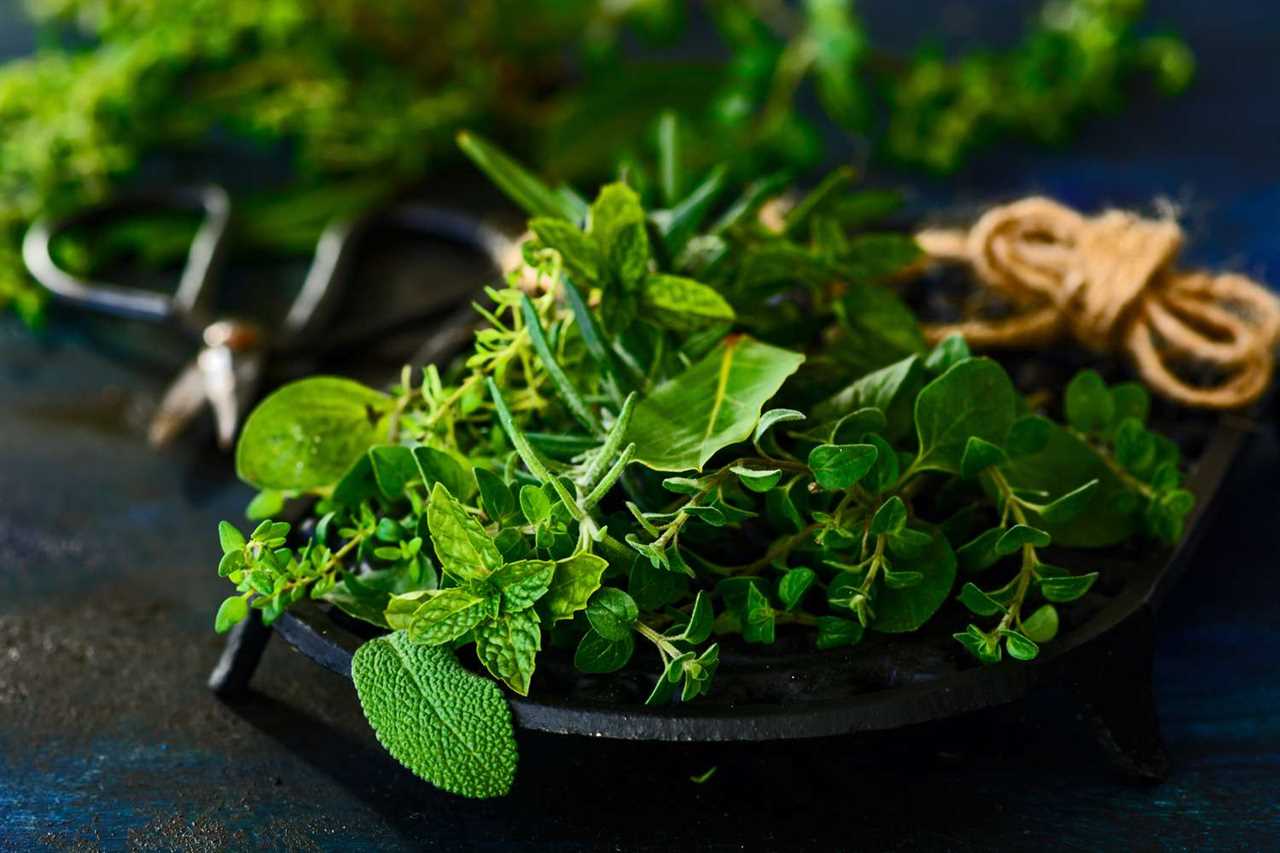 |
Food as Medicine with Master Herbalist Patrick DelvesAccording to Master Herbalist Patrick Delves, "People are bombarded with different sicknesses because of lack of knowledge and they are now slaves to the |
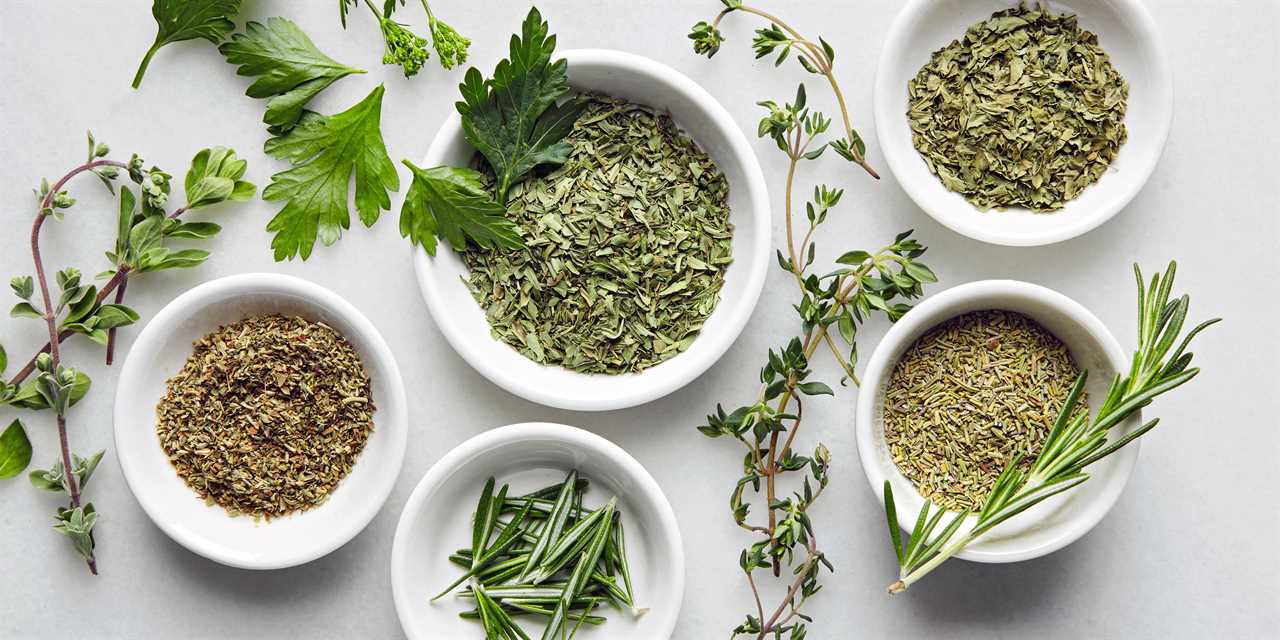 |
It''s starting, Bill Gates announces the next pandemic date and outbreak location | Redacted NewsWell Bill Gates and the WHO have ran a simulation of the next pandemic, coming soon to a government near you in 2025. The Johns Hopkins Center for Health |
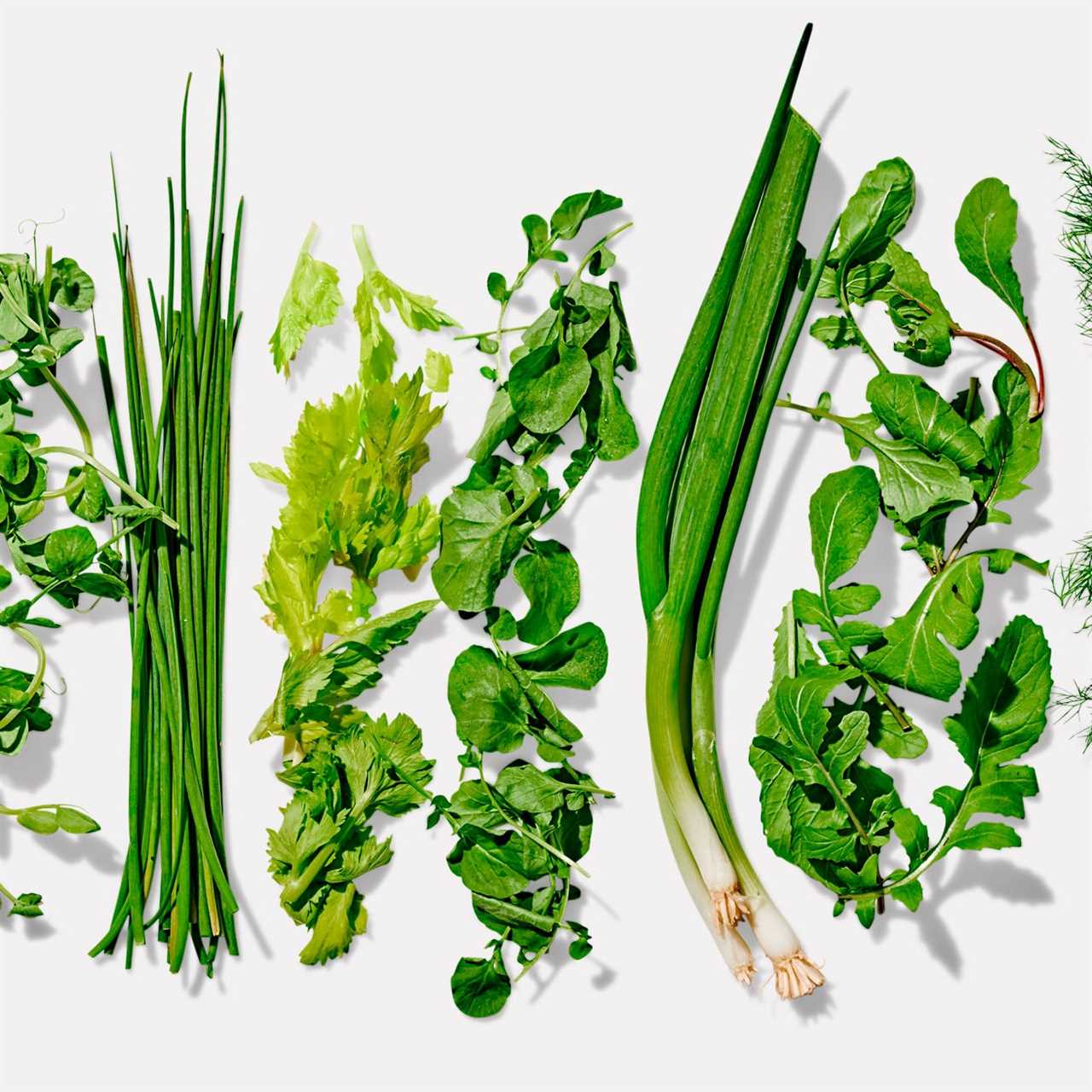 |
Everything Wrong with Dr.Berg’s Channel (The Amount of Misinformation is INSANE!)Go to https://thld.co/kettleandfire_abbey_0622 and use code ABBEY for 20% off a variety pack today! Thanks to Kettle and Fire for sponsoring today's video |
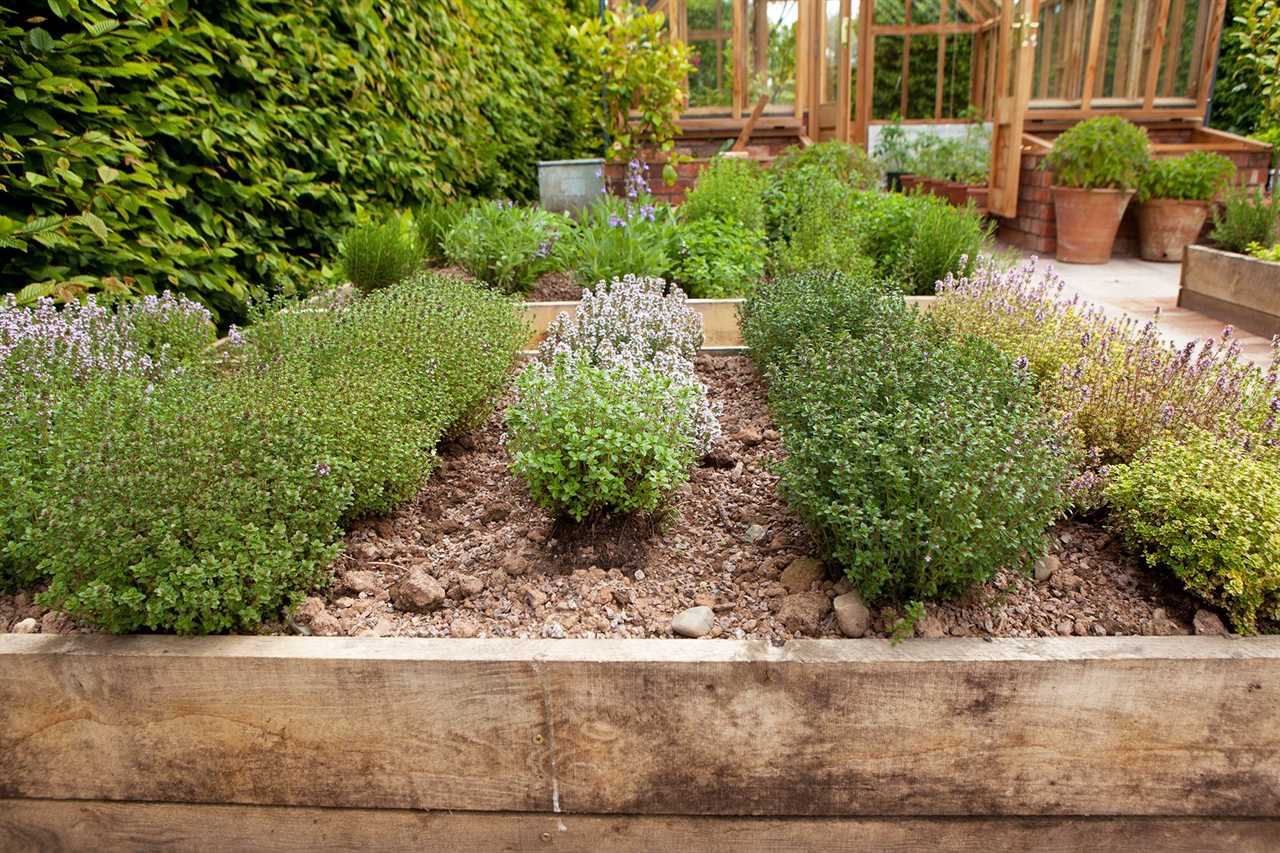 |
How I Reversed 20 years of Arterial PlaqueClick this link for more Videos! https://www.youtube.com/channel/UCmoEsq6a6ePXxgZeA4CVrUw?sub_confirmation=1 The Demonization of Stati […] |
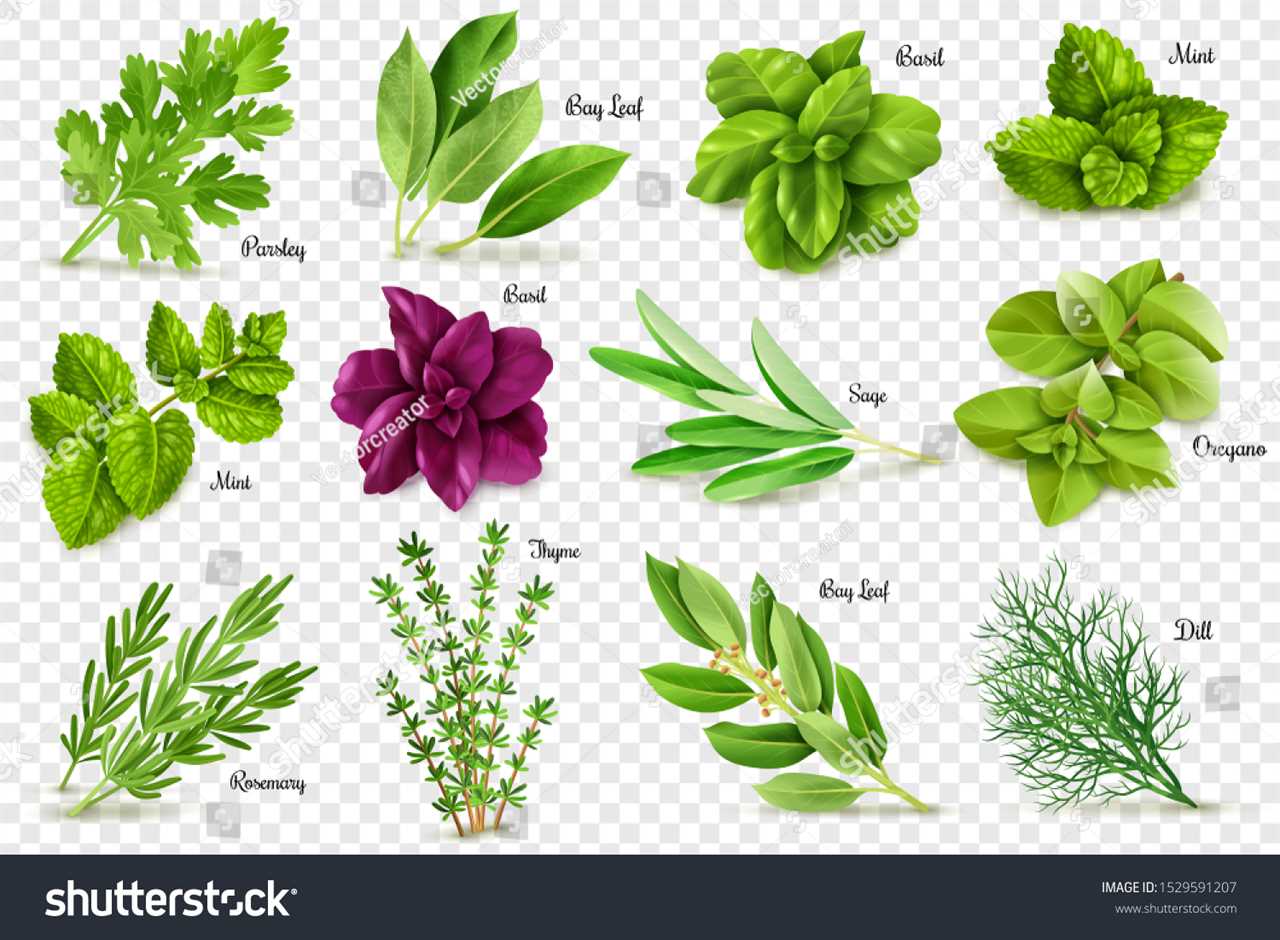 |
Formulating a STRONG Respiratory Tincture!herbalism #apothecary #homesteading This time of year is the season of giving... Germs included! Join me as I blend a strong tincture with the intentions to |
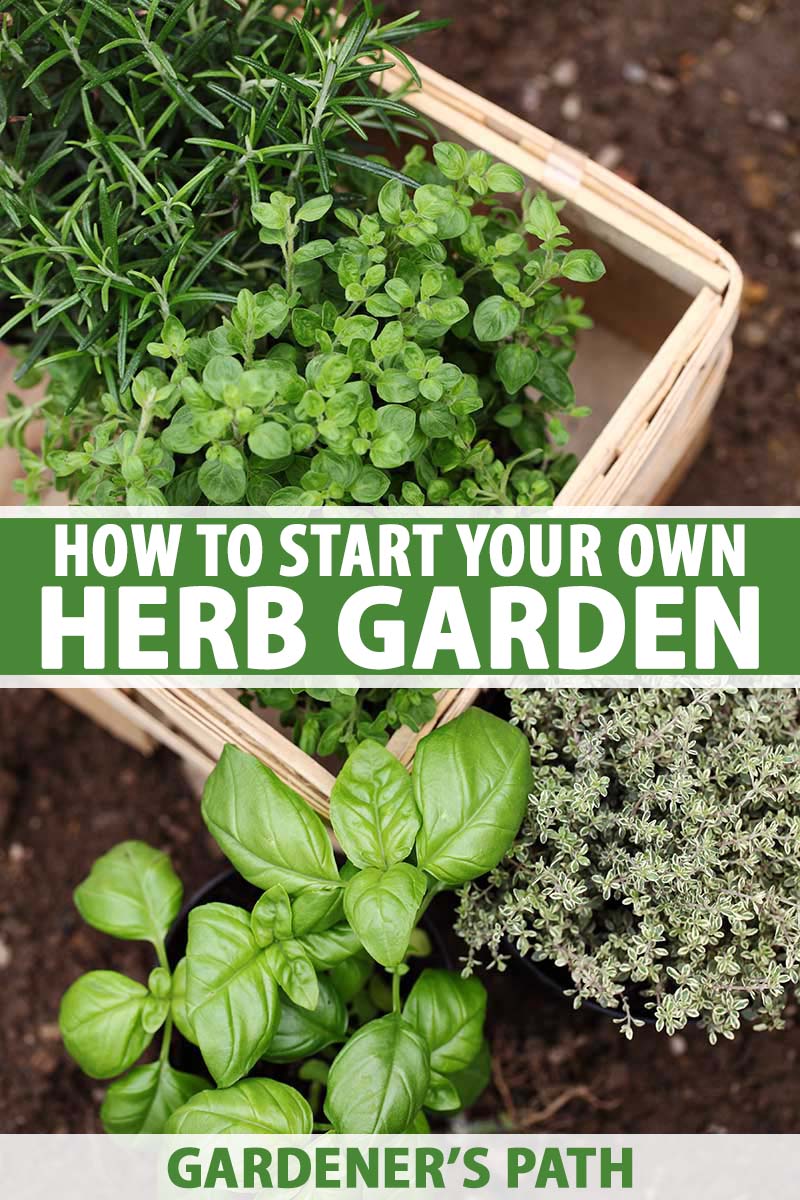 |
Herbs that Heal with Simon MillsToday on the podcast I have the pleasure of talking to Simon Mills, a complementary health pioneer from the inception of the term in 1979, and later in the |
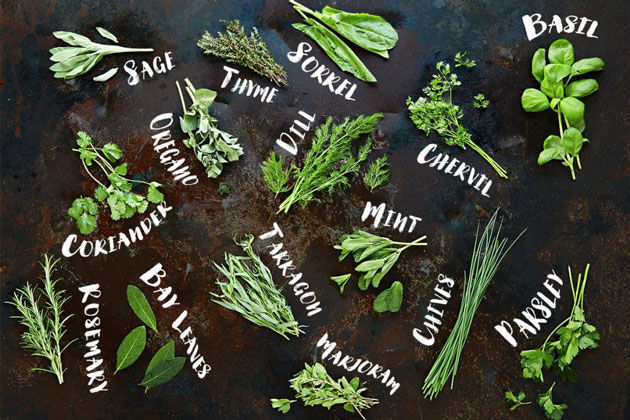 |
The Geography of Spices and HerbsSpices are one of the best part of eating. But just like fruits, every spice has a different story to be told. Today we're diving into the geography behind |
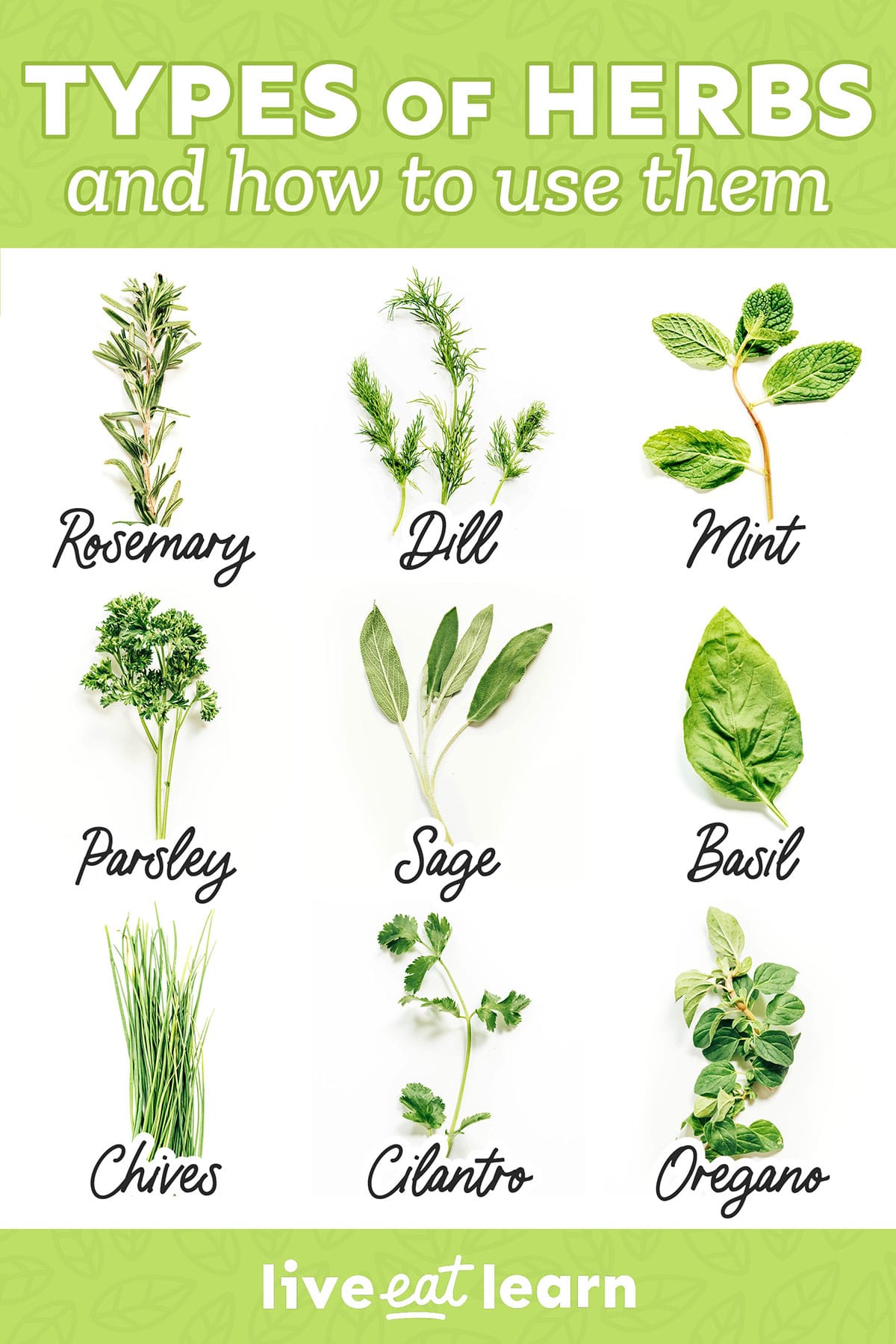 |
Jamaican Street HERBALIST Can cure Any sickness| no more cancerI was always curious about the nature bushes and herbs that the earth gave to us humans. I came a particular scripture from the book genesis, which states.. |
 |
How to Dry and Store HerbsFor 16 free meals with HelloFresh across 7 boxes AND 3 free gifts, use code THEGREENWITCH16 at https://bit.ly/3QLpjUi In today's video I wanted to share the |
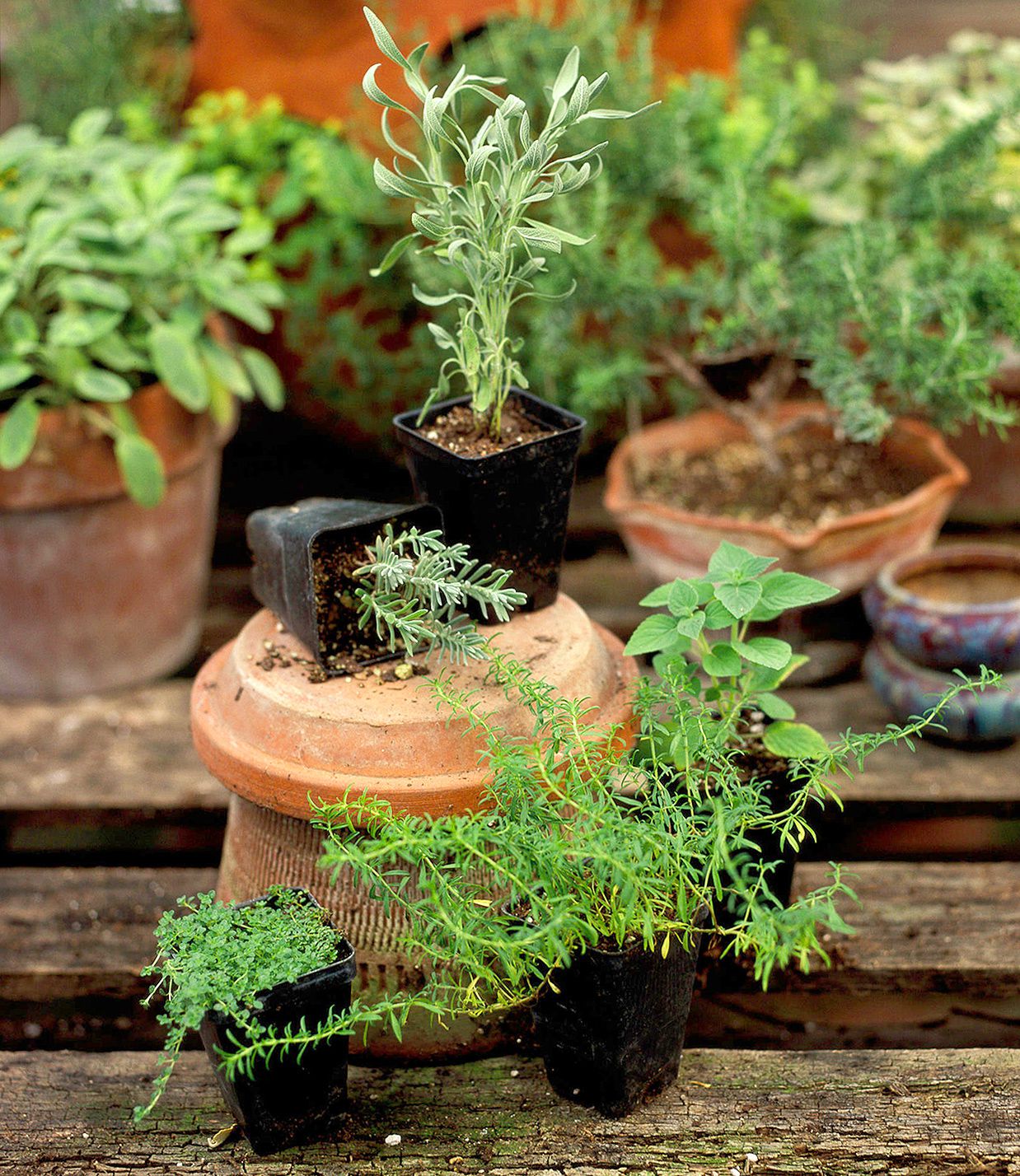 |
How to Dehydrate Herbs and Make Your Own SpicesIf you have a bumper crop of herbs and want to experiment with your own spices, this video will show you a simple way to harvest, prepare, and dehydrate herbs. |
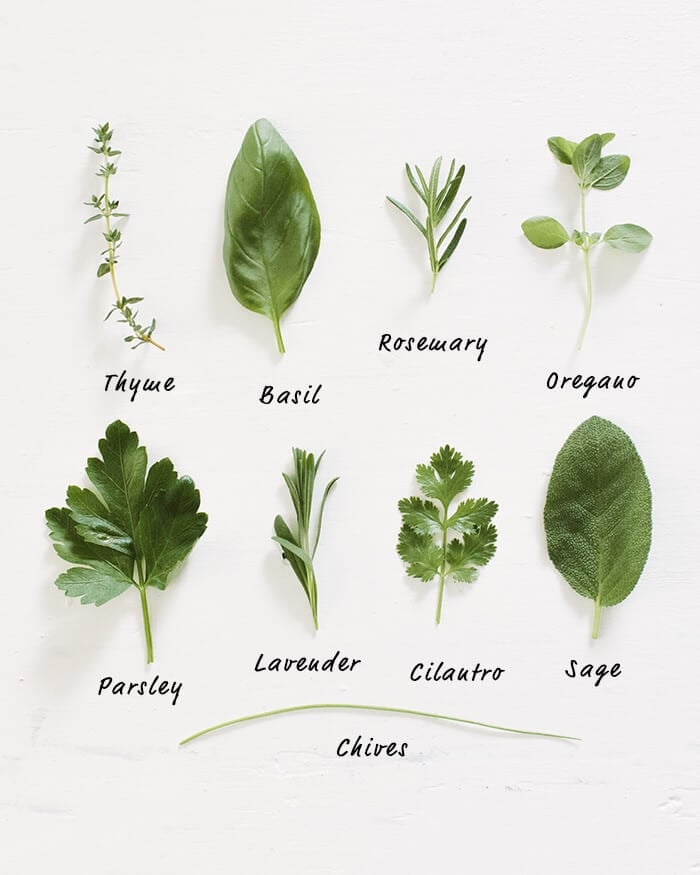 |
Tips For Dehydrating FoodsThe body reacts to dehydration by stimulating the thirst center, a powerful urge to drink fluids. However, if water intake does not match the amount.. |
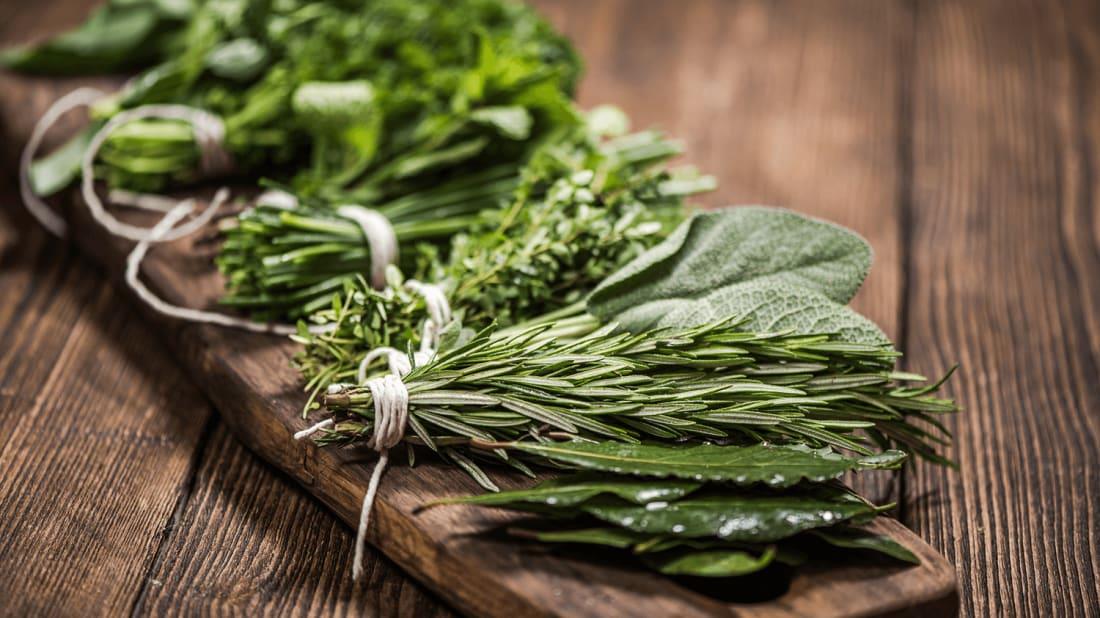 |
Join 10,000 Students Who Have Learned Herbs with Michael and Lesley Tierra - East West School of Planetary HerbologyLearn herbs from respected professional herbalists offering world-class herbalist training. The NEW Professional Herbalist Course includes courses on over 600 |
 |
How to Get Your Hands on TurmericTurmeric is one of the best natural remedies available for many ailments, from arthritis to cancer. Its properties are known for its powerful.. |
 |
Slippery Elm and EssiacSlippery elm is native to eastern North America and has numerous uses, including the treatment of GERD and irritable bowel syndrome. However,.. |
 |
Health Benefits of DillDill is an annual herb in the celery family Apiaceae. It is the sole species of the genus Anethum and is widely cultivated in Eurasia. The herb is.. |
 |
Licorice Root Benefits and Side EffectsLicorice is a flowering plant of the bean family, Fabaceae, and it is used as a sweetening agent. The root of Glycyrrhiza glabra is extracted for its |
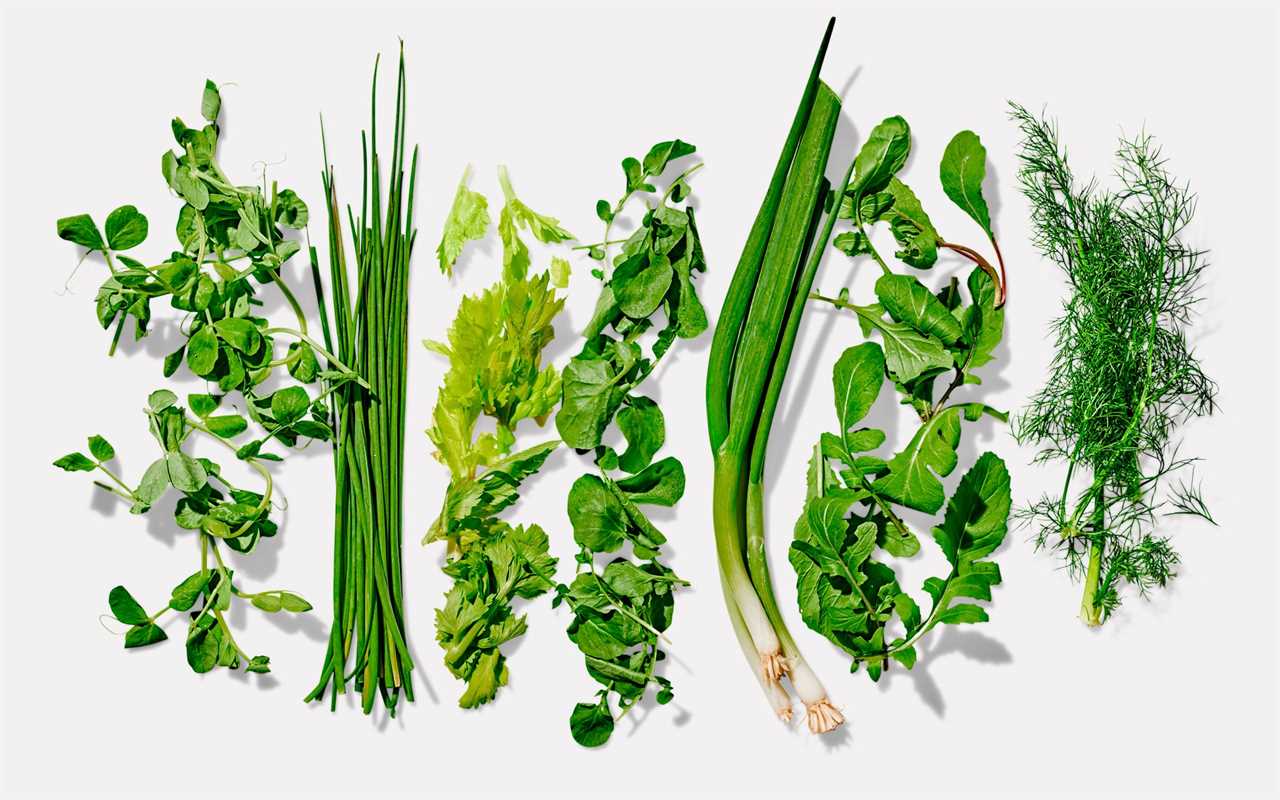 |
What Are the Benefits of Green Tea?Whether you're trying to lose weight or simply feel better, green tea is a great way to get the benefits you're looking for. It contains catechins.. |
 |
The Best Way to Chop Fresh HerbsTo properly chop fresh herbs, you should purchase them in a deep green color and smell fresh. You should then wash them well under running water and.. |
 |
Seasoned Baby PotatoesIf you're looking for a recipe for seasoned baby potatoes, you've come to the right place. Learn how to make seasoned potatoes with herbs and spices, |
 |
Health Benefits of Italian ParsleyBefore using Italian parsley, rinse it thoroughly under cool water. This will help remove any dirt or dust that may be attached to the leaves. Wrap.. |
 |
The Benefits of Herbal TeaHerbal teas are made from the infusion of plants and other plant materials. They are also known as herbal infusions or tisanes. Although there are.. |
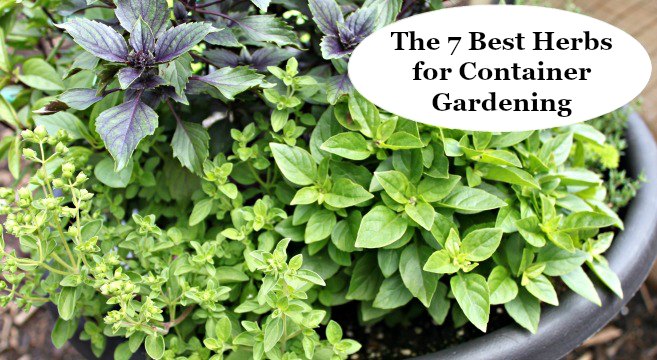 |
Herbs in Pots - How to Grow Delicious Herbs in PotsThere are many things to know when growing herbs in pots. The growing conditions, Containers, Soil amendments and watering are just a few of the.. |
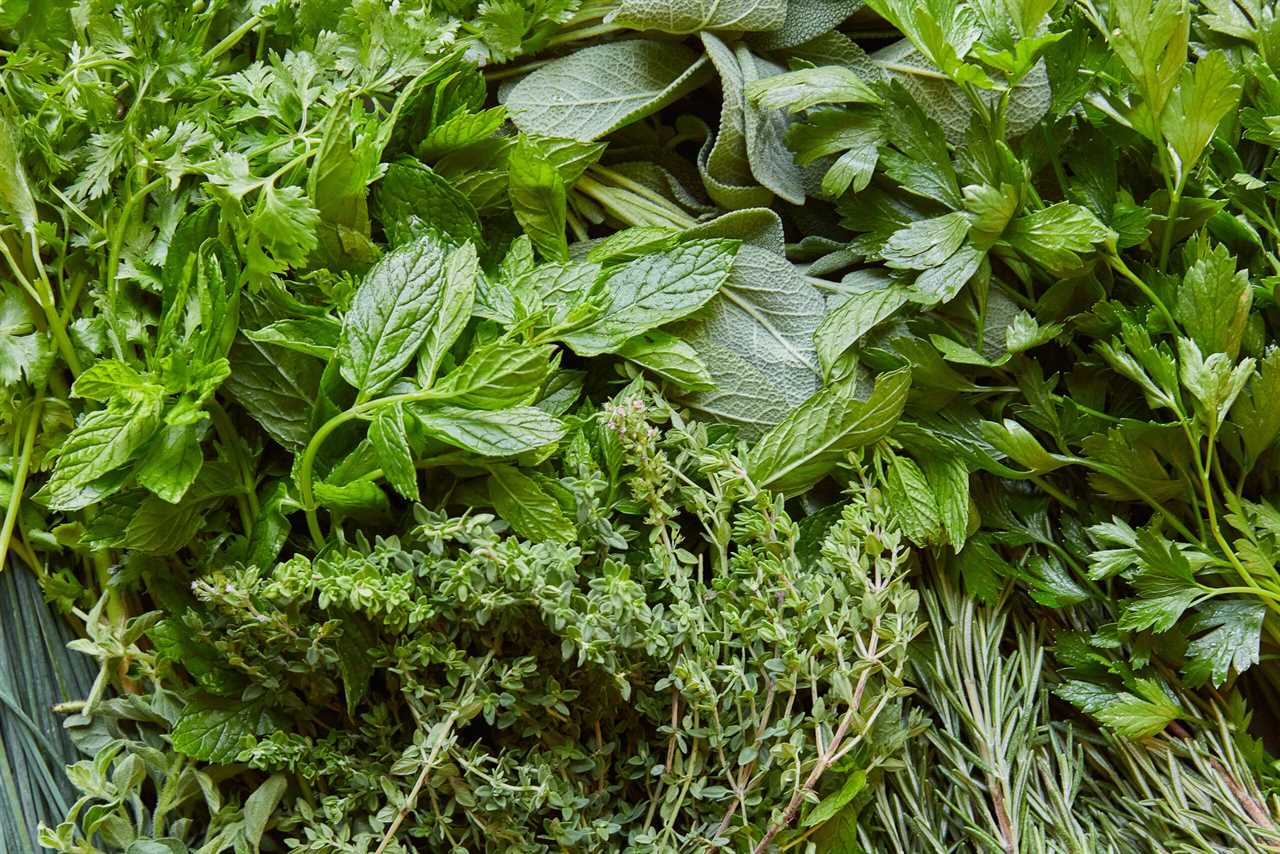 |
Choosing Annuals For Your Herb GardenIf you have ever wanted to have an herb garden, it is important to know that there are several important factors to keep in mind. Herbs require good.. |
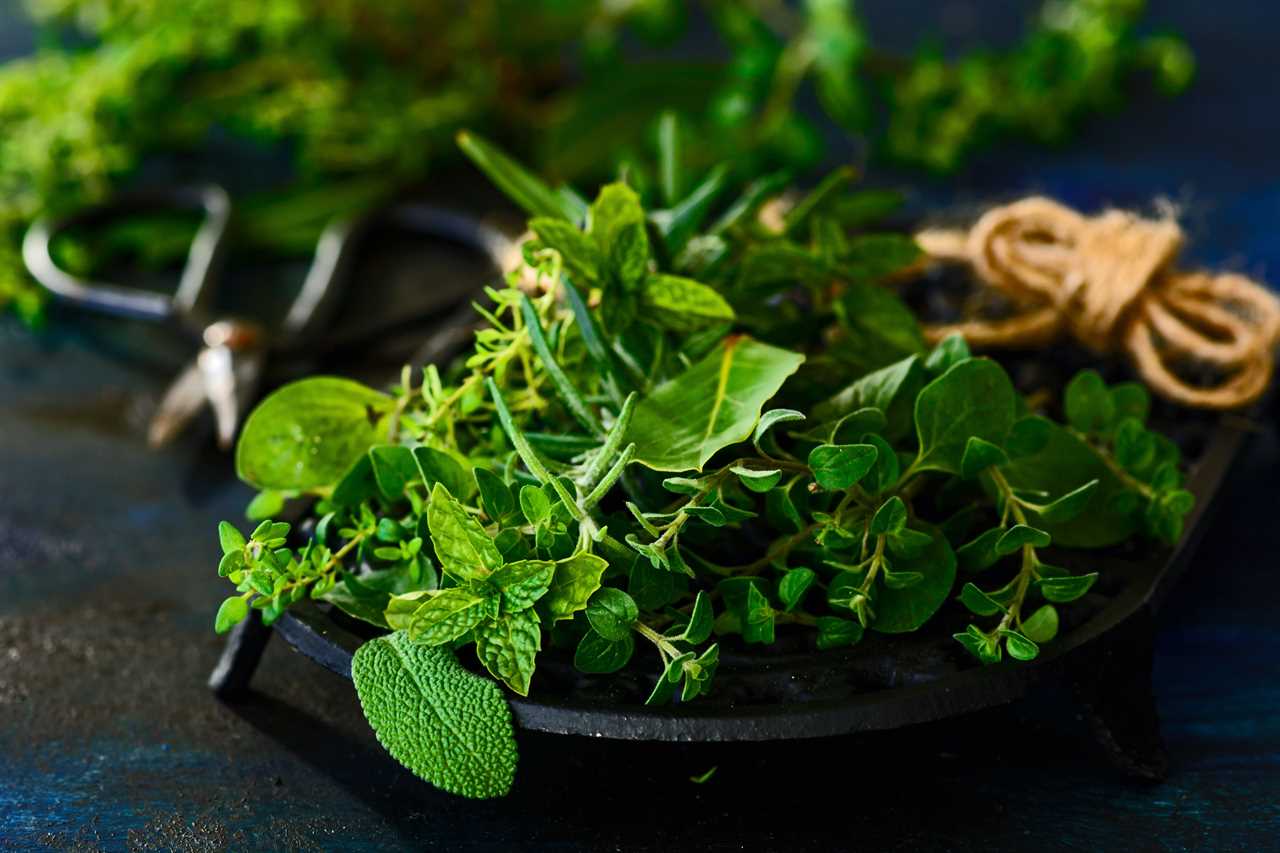 |
Home of HerbsFind out more about herbs and how to use them |
 |
The Advantages of Substituting Dried Herbs For FreshThere are many advantages to substituting dried herbs for fresh. They are cheaper, more potent, and less dusty. These are the reasons that I prefer.. |
 |
Substitute For Dried ParsleyIf you want to make a recipe without parsley, try using cilantro, dill, oregano, or sage instead. They are all delicious substitutes for dried.. |
 |
Herbs That Grow in WaterThere are several types of herbs that grow in water. These include Cilantro, Thyme, Oregano, and Lavender. Here are some tips to help you grow these.. |
 |
Perennial Herbs For Zone 4If you're in Zone 4 and are looking for perennial herbs, lemongrass and thyme are great choices. These plants thrive in cooler climates and can be.. |
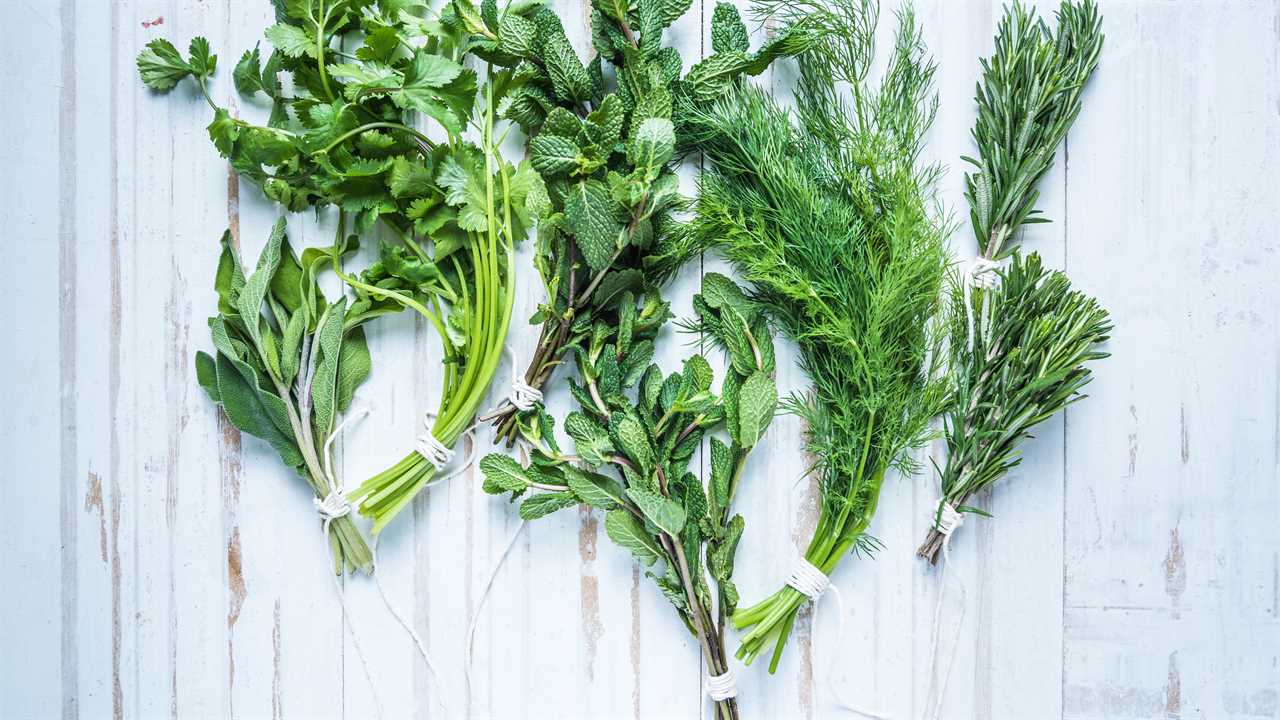 |
Tips For Growing MenthaA mint plant is a great choice for a water garden or small water feature. They have light lavender flowers, dark green leaves with purplish veining,.. |
 |
Medicine From PlantsThe use of medicine from plants has long been an essential part of traditional Chinese medicine. This ancient practice involved a wide range of plant |
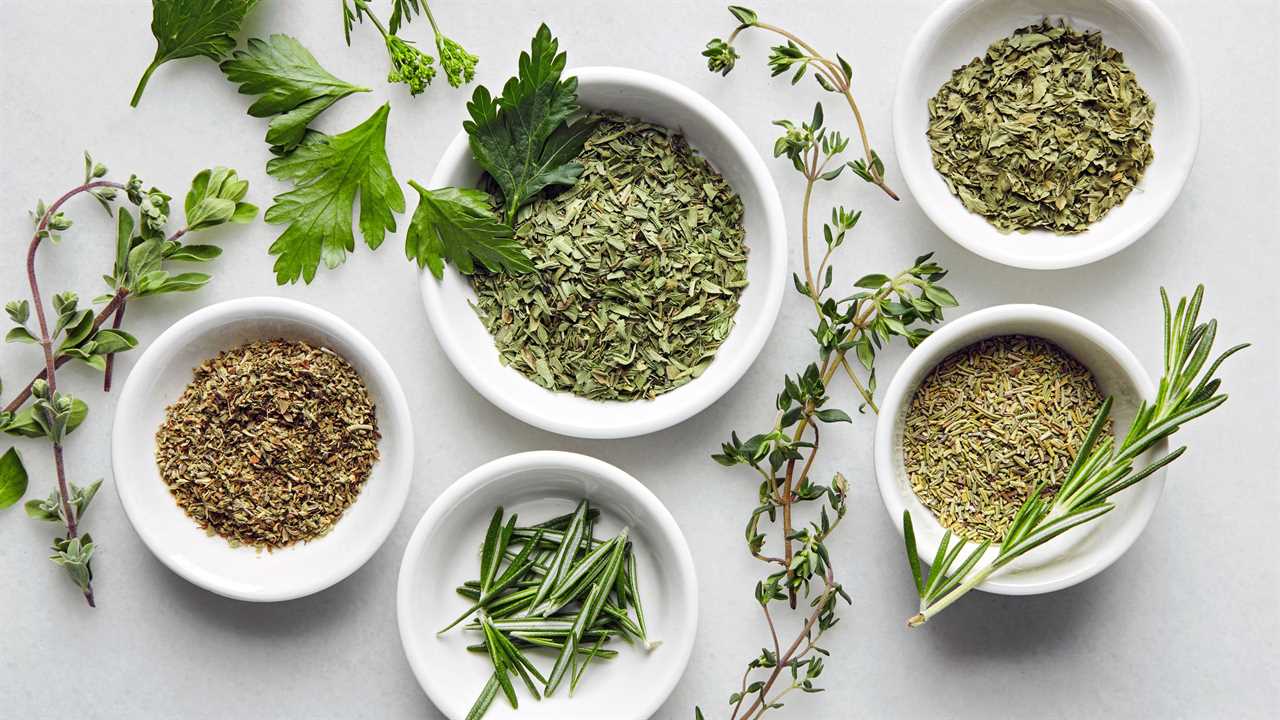 |
Ayurvedic Medicine Side EffectsAyurveda is an alternative medicine with historical roots in the Indian subcontinent. While its theory is considered pseudoscientific, it is still.. |
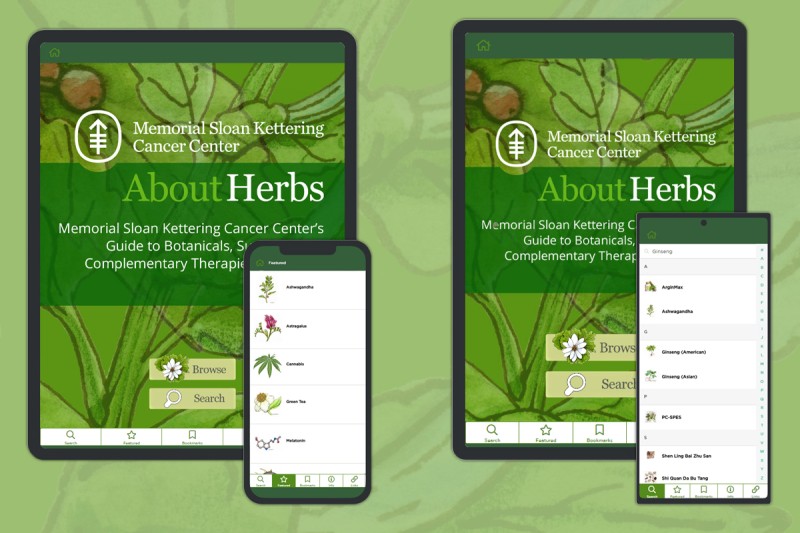 |
Growing Herbs IndoorsGrowing herbs indoors has a number of benefits, including increased yield and reduced watering. It can also be beneficial for people who are.. |
 |
6 Herbs High in MagnesiumMagnesium is an important mineral that plays an essential role in heart, brain, and musculoskeletal health. Since magnesium is required ... Read more |
 |
Citrus Bergamot vs. Red Yeast Rice: Similarities & Differences ExplainedCitrus bergamot and red yeast rice are two herbs compared to each other due largely to their potential to reduce ... Read more |
 |
Citrus Bergamot vs. Bitter Orange: Similarities & DifferencesCitrus bergamot and bitter orange are both popular herbs with health benefits for metabolism and weight loss. However, they both ... Read more |
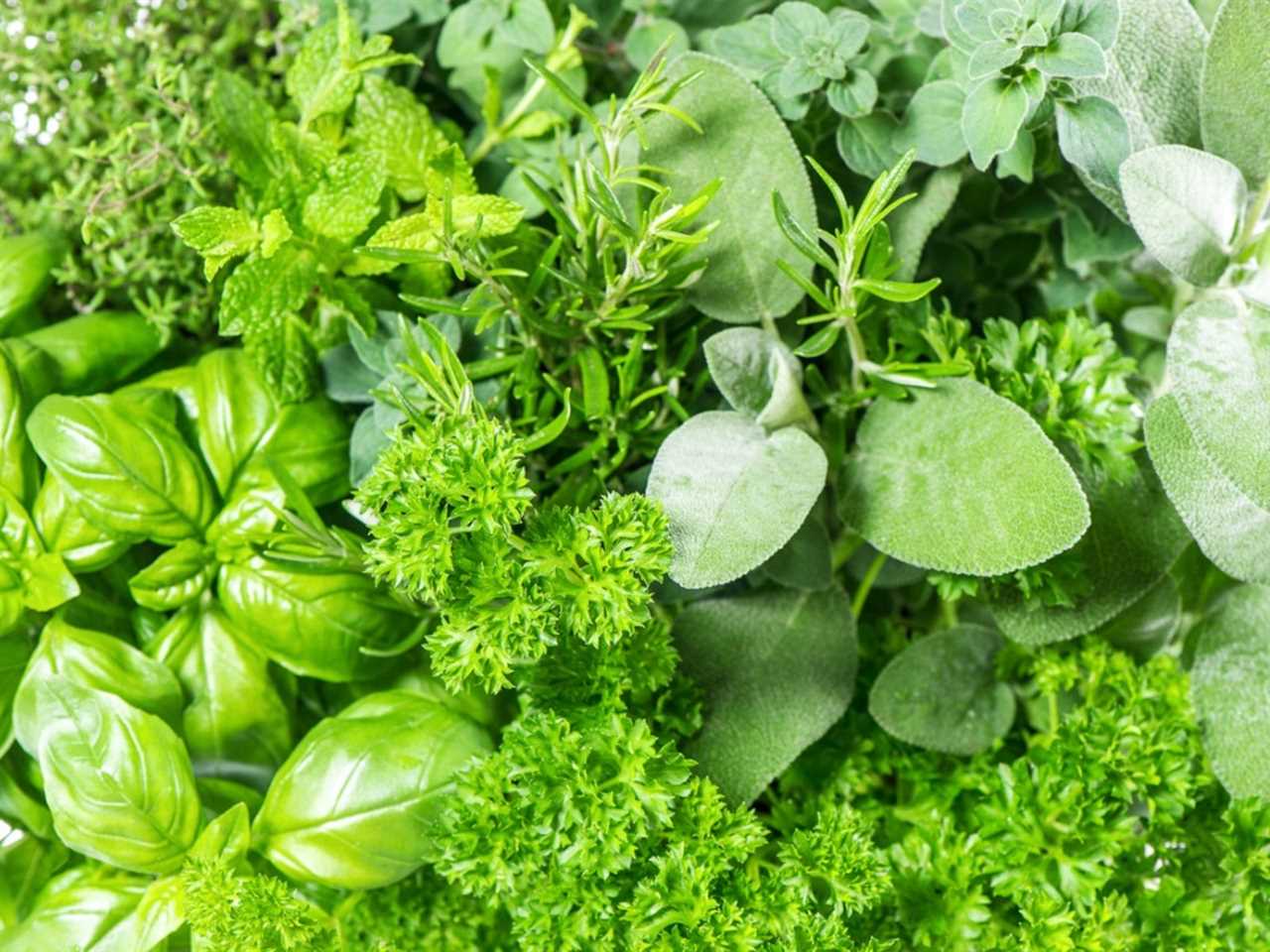 |
The Cup of LifeLike life, tea is what you make of it and The Cup of Life helps individuals enjoy tea in more than one way. Join me on my tea adventures through my blog! |
 |
6 Herbs High in ZincZinc is an important trace element that contributes to immune function, tissue repair, and gene synthesis. Since zinc is involved ... Read more |
 |
5 Herbs High in PotassiumPotassium is a mineral that plays a crucial role in maintaining overall health and wellness, especially for muscle and nerve ... Read more |
 |
Feb 14, How to Use Ground Ivy with Val AlcornIt’s always exciting to hear about a little-known herb with powerful medicinal action. Join this conversation about ground ivy with Val Alcorn! |
 |
Feb 21, Benefits of Calamus Root with jim mcdonaldJoin me and my friend and herbalist jim mcdonald as we discuss the benefits of calamus root, including clearing away mental cobwebs and enhancing your focus. |
 |
Mar 1, Cottonwood BenefitsJoin me in this episode all about cottonwood and find out why it has been used as medicine and to make a variety of tools for thousansa of years! |
 |
Mar 7, The medicine of calamus root (rhizome) and leaves with Karyn SandersIt was an honor and a deep pleasure to have this informative conversation about calamus root benefits with Karyn Sanders. Join us in this new episode! |
 |
Mar 14, Dandelion with Nancy PhillipsLet's sit down and discuss dandelion with herbalist and author, Nancy Phillips |
 |
Delicious Elderberry Syrup Gummies for Cold Flu & SleepElderberry syrup is immune enhancing and protective against colds and flu. It’s one of my favorite natural remedies for avoiding or beating the flu. These flu |
 |
Helpful Plant Remedies For Anxiety And StressFeeling anxiety and stress lately? Are you feeling frustrated and wish you could just find a way to relax? Do you find that your heart is usually beating |
 |
Tomato Tea, A Natural Cold and Flu RemedyThis tea really works! You can literally feel your sinuses opening up. It’s an immune booster so even if you’re not sick drink this when others around you are |
 |
What Are Digestive Bitters And Should You Take Bitters?Bitters are a drink you sip before a meal to aid in healthy digestion. Traditional diets contained bitter foods because of their digestive action. The bitter |
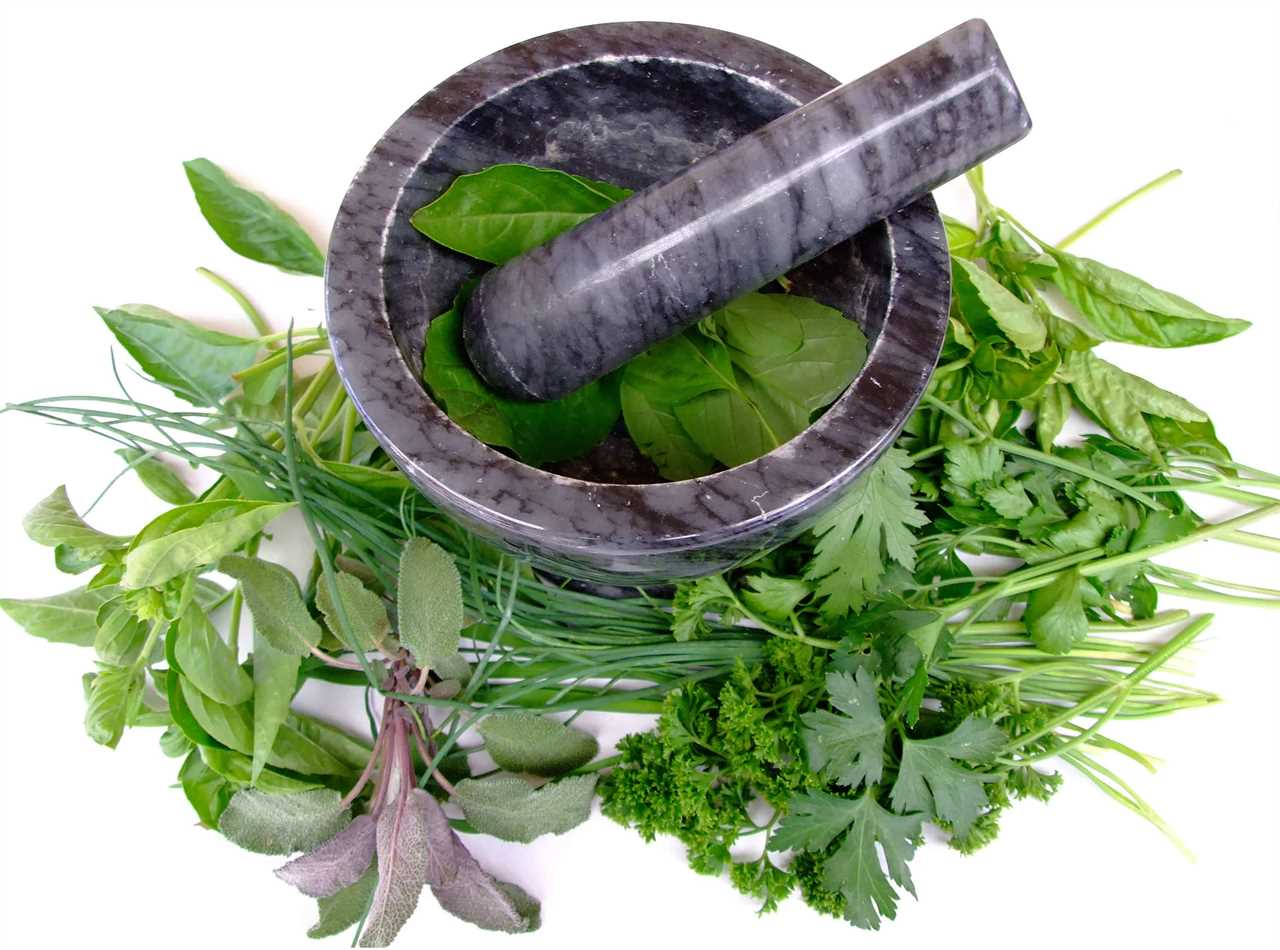 |
Tony Gebely · Tea Epicure · Taste DifferentlyA tea assessment platform that rates teas based on objective quality markers and a sensory evaluation resulting in a list of the best teas produced each year. |
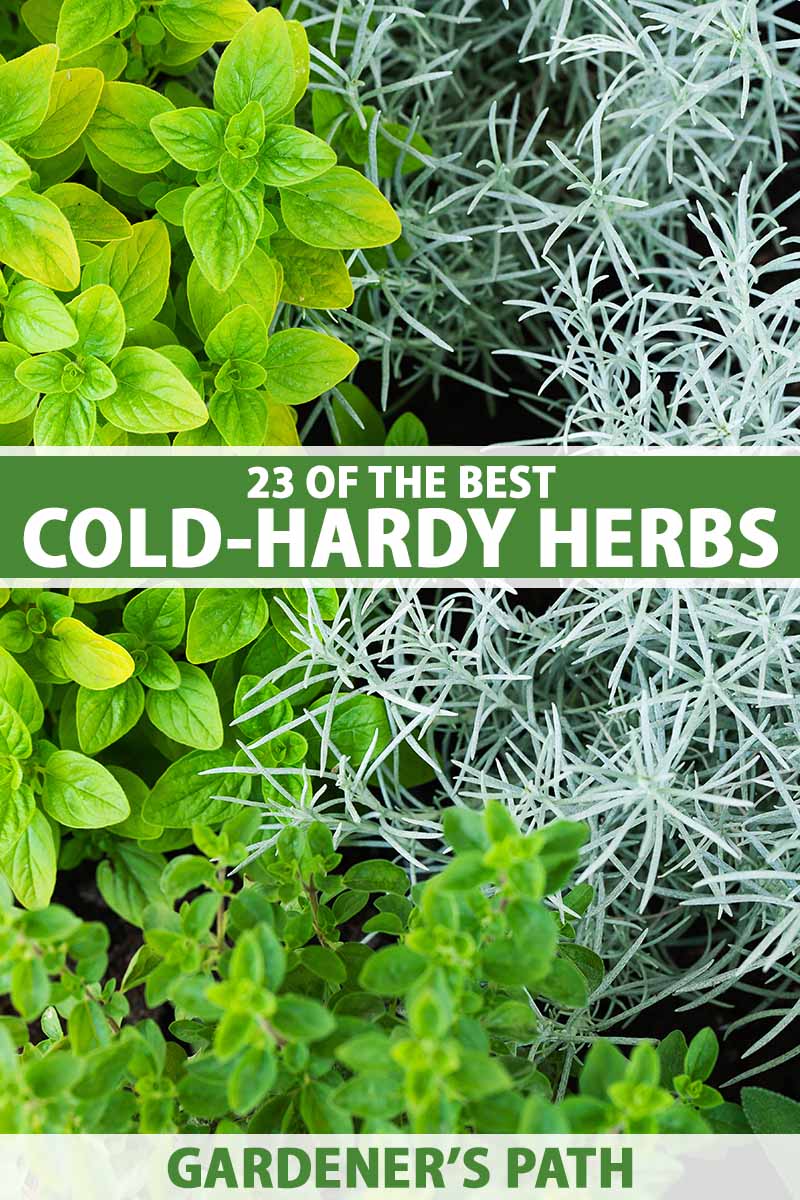 |
Motherwort Has Amazing Benefits For Your BodyMotherwort (Leonurus cardiaca) is found growing in the wild in vacant lots and gardens. It’s easy to spot as motherwort grows to a height of 5 feet and has |
.png)





